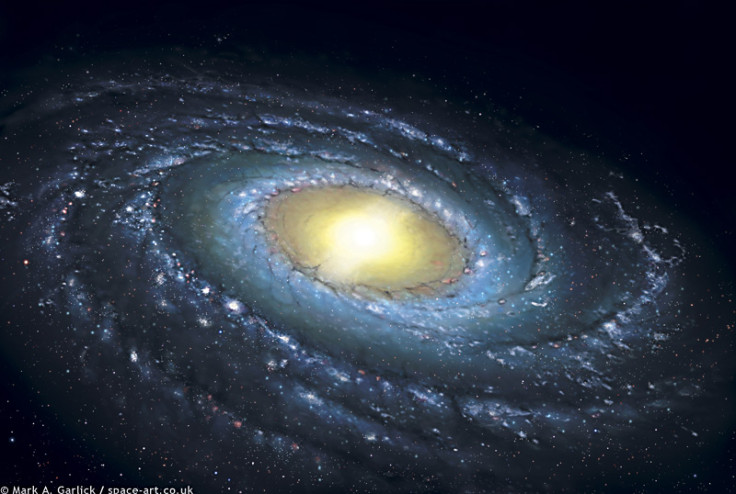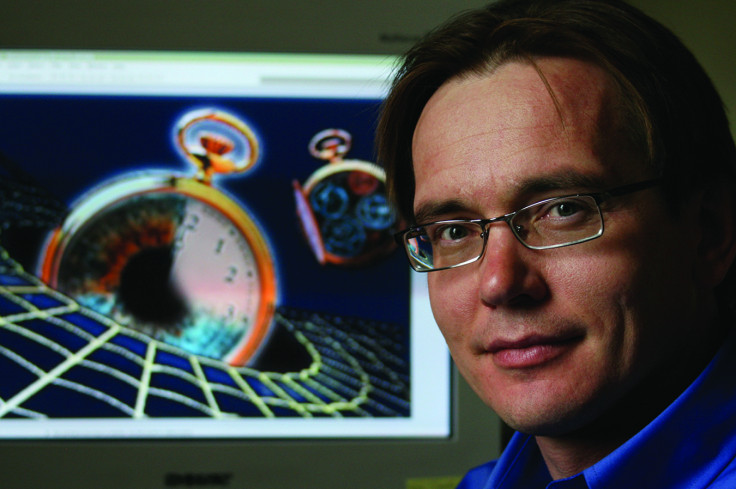GPS and Atomic Clocks Used to Detect Dark Matter in Space-Time Fabric

GPS can be used to detect and measure dark matter – the elusive form of matter responsible for the formation of galaxies, scientists have said.
Published in the journal Nature Physics, scientists from Canada and the US propose using Global Positioning System and other atomic clock networks to seek out macroscopic imperfections in space-time fabric.
Andrei Derevianko, of the University of Nevada, said: "Despite solid observational evidence for the existence of dark matter, its nature remains a mystery. Some research programs in particle physics assume that dark matter is composed of heavy-particle-like matter. This assumption may not hold true, and significant interest exists for alternatives.
"Modern physics and cosmology fail dramatically in that they can only explain 5% of mass and energy in the universe in the form of ordinary matter, but the rest is a mystery."
Evidence currently suggests dark energy makes up about 68% of the mystery mass and energy. The remaining is believed to be dark matter – even though it has never been detected or measured.
Derevianko explained: "Our research pursues the idea that dark matter may be organised as a large gas-like collection of topological defects, or energy cracks. We propose to detect the defects, the dark matter, as they sweep through us with a network of sensitive atomic clocks.

"The idea is, where the clocks go out of synchronisation, we would know that dark matter, the topological defect, has passed by. In fact, we envision using the GPS constellation as the largest human-built dark-matter detector."
Researchers will now work to analyse GPS data at the Geodetic Laboratory in Nevada. They will look at clock data from 30 GPS satellites. The effect of dark matter should mean initially synchronised clocks will become desynchronised.
Geoff Blewitt, director of the Nevada Geodetic Laboratory, explained: "We know the dark matter must be there, for example, because it is seen to bend light around galaxies, but we have no evidence as to what it might be made of.
"If the dark matter were not there, the normal matter that we know about would not be sufficient to bend the light as much as it does. That's just one of the ways scientists know there is a massive amount of dark matter somewhere out there in the galaxy. One possibility is that the dark matter in this gas might not be made out of particles like normal matter, but of macroscopic imperfections in the fabric of space-time.
"The Earth sweeps through this gas as it orbits the galaxy. So to us, the gas would appear to be like a galactic wind of dark matter blowing through the Earth system and its satellites. As the dark matter blows by, it would occasionally cause clocks of the GPS system to go out of sync with a tell-tale pattern over a period of about 3 minutes. If the dark matter causes the clocks to go out of sync by more than a billionth of a second we should easily be able to detect such events."
© Copyright IBTimes 2025. All rights reserved.






















